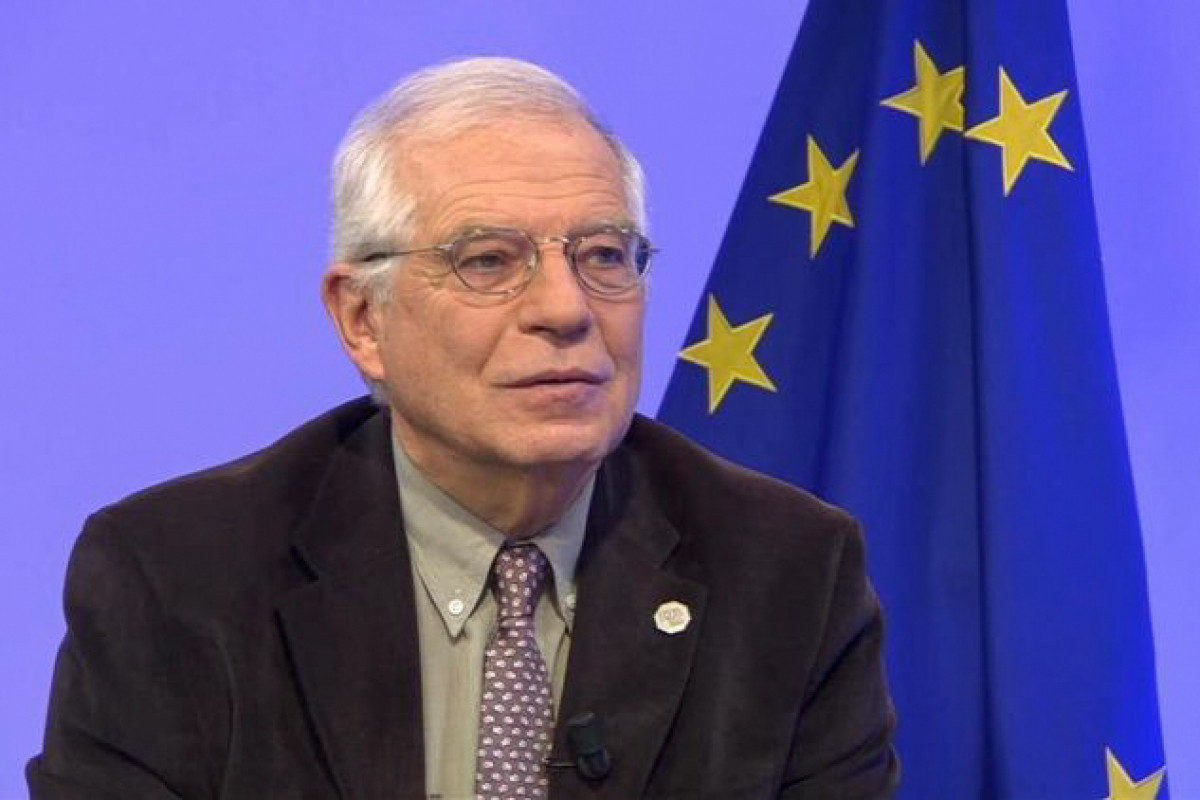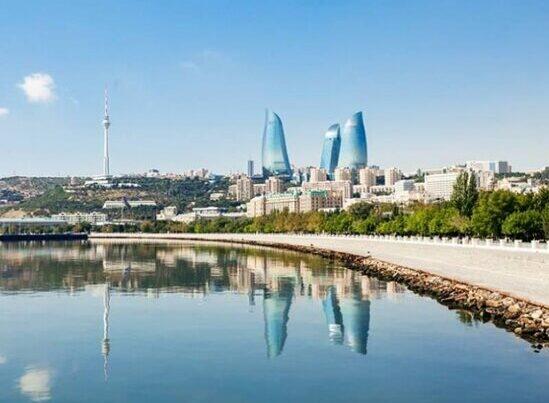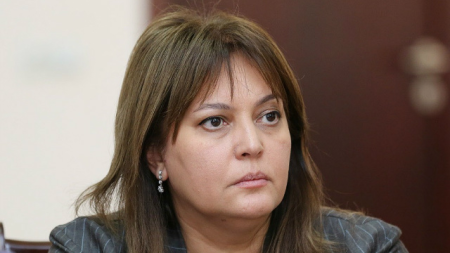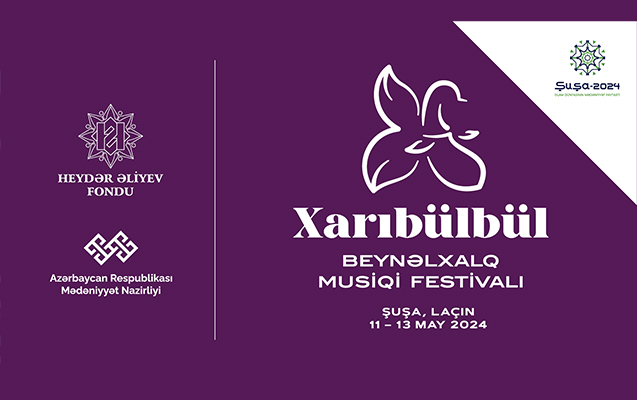Can Kazakhstan become a mediator between Armenia and Azerbaijan? – OPINION
- Smartbee
- Report

Editore`s note: Director of the Center for Contemporary Research “Alternative” Andrey Chebotarev (Kazakhstan).
In the near future, negotiations between the foreign ministers of Azerbaijan and Armenia will be held in Almaty regarding the signing of a peace treaty between these countries. This document aims to resolve the conflict between Baku and Yerevan over Karabakh, which began in the 1980s. Kazakhstan's involvement in this process is due to the following main factors:
Solid experience in mediating the Karabakh conflict since 1991, especially during Kazakhstan's OSCE chairmanship in 2010. Kazakhstan's officials have always maintained an impartial stance towards both parties to the conflict, which in turn fosters great trust in Astana from both Baku and Yerevan.
Friendly and partnership relations with both countries, as evidenced by the results of the state and official visits of President Kassym-Jomart Tokayev to Azerbaijan and Armenia on March 11-12 and April 15 of this year, respectively.
The effective conclusion of the conflict between Azerbaijan and Armenia from September 2023 to January 2024, after the cessation of hostilities and the return of Karabakh under Azerbaijan's jurisdiction. Furthermore, on April 19, the countries agreed to start the process of demarcating the state border. All this significantly facilitates Kazakhstan's involvement. Moreover, in the upcoming negotiations, it acts not as a mediator but as a moderator of the dialogue platform.
Kazakhstan's aspiration to expand and strengthen its peacekeeping potential and, consequently, to increase its authority among foreign policy partners. Its participation in the Karabakh conflict resolution process sends a positive signal to Russia and Ukraine, to whom it has also repeatedly offered mediation services.
The importance of holding negotiations between Azerbaijan and Armenia not only in Kazakhstan but also within the CIS space. Symbolically, this international organization was formed as a result of the historic summit held on December 21, 1991, in Almaty, attended by the leaders of the 11 republics of the former USSR. Additionally, Baku and Yerevan agreed to conduct border demarcation in accordance with the Alma-Ata Declaration of 1991.
The opportunity to enhance the image of Almaty as a dialogue platform for resolving various international disputes and conflicts, as our city has repeatedly acted in this capacity. For example, the negotiation process on Iran's nuclear program between it and the "six" international mediators (Britain, Germany, China, Russia, the USA, and France) took place in Almaty on February 26-27 and April 5-6, 2013. The negotiations were successfully concluded with the signing of the Joint Comprehensive Plan of Action on July 14, 2015.
Moreover, Almaty could have faced competition from Brussels for the status of the venue for the Azerbaijani-Armenian negotiations. However, Azerbaijan's choice in favor of Kazakhstan's southern capital was largely facilitated by its de facto rejection of the EU's mediation, which it perceives as overtly pro-Armenian. Additionally, Azerbaijan supported Kazakhstan also as the chairing country in the Organization of Turkic States, in which both are participants.



















